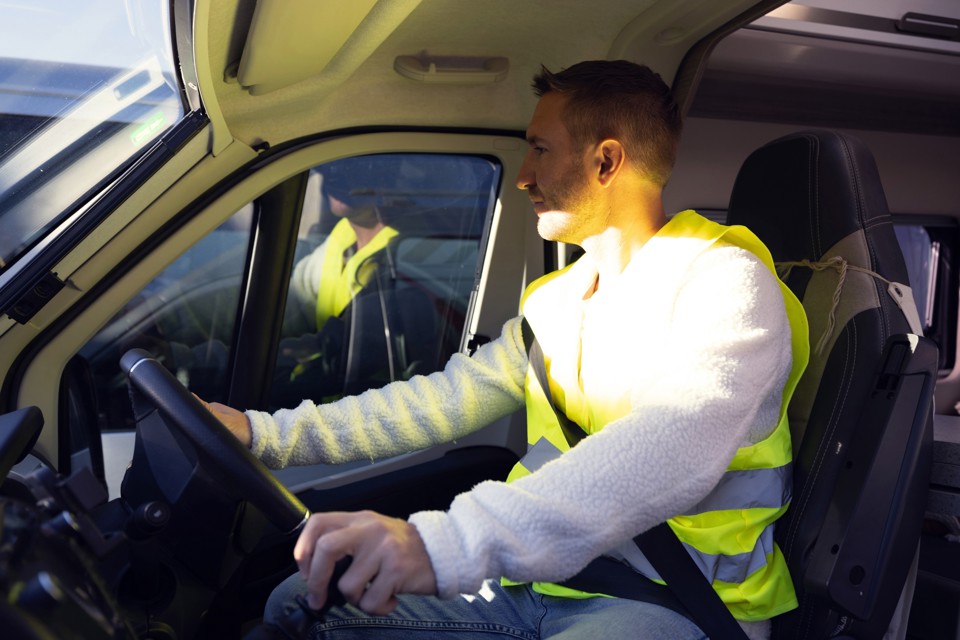The most common mistakes made by fleet drivers have been identified in analysis of data from Lightfoot.
The errors, which are potentially costing businesses tens of thousands of pounds, include drivers not knowing their van has a sixth gear and excessive idling.
The data is gleaned from the pre-trial stage of the telematics company’s involvement with a business.
Paul Hollick, managing director at Lightfoot, explained: “The data we receive from our pre-installation testing highlights some significant areas of concern for businesses, which are costing them time and money.
“But once we are able to pin-point these issues, they are relatively easy to remedy. Driver coaching from our in-cab devices provides significant improvements in driver behaviour in a relatively short space of time.
“Our insights can also help a business make changes to their routines in order to save money, such as suggesting more efficient delivery routes and, with the increasing adoption of EVs, adapting a vehicle’s duty cycle to combine a charging stop with a driver rest period.
“It’s also important to reward drivers for their improved behaviour – making this a team process ensures increased employee buy-in and more chance of success.”
The most common mistakes being made are van drivers either not realising or forgetting their vehicle has a sixth gear. This means a vehicle is over-revving when operating on 60 and 70mph road sections. As a result, this can have a substantial impact on fuel efficiency.
Excessive idling is a common practice among last mile delivery fleets and infrastructure businesses.
By leaving the vehicle running, our data shows this uses 1.07 litres of fuel per hour – this can add up to thousands of pounds worth of fuel costs.
Aggressive driving (speeding, late braking, hard cornering) was also identified and has a significant effect on a fleet budget through the increased risk of accidents and the ensuing increase in insurance premiums, as well as reduced fuel economy.
It also increases wear and tear on the vehicle’s brakes and tyres and can lead to unscheduled VoR (vehicle off road) time.
Finally, the Lightfoot data showed that a lack of training around good driving techniques and understanding how technology works is massively reducing vehicle efficiency.
This is particularly the case in electric vehicles (EVs), with drivers not using brake regeneration properly, or not being aware of the effect of heating on range.
Using in-cab coaching prompts from telematics can yield up to a 35% improvement in EV average range, says Lightfoot.




















Login to comment
Comments
No comments have been made yet.